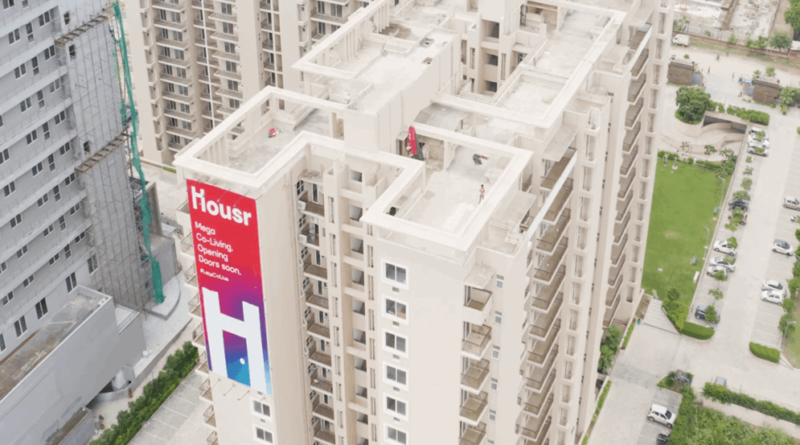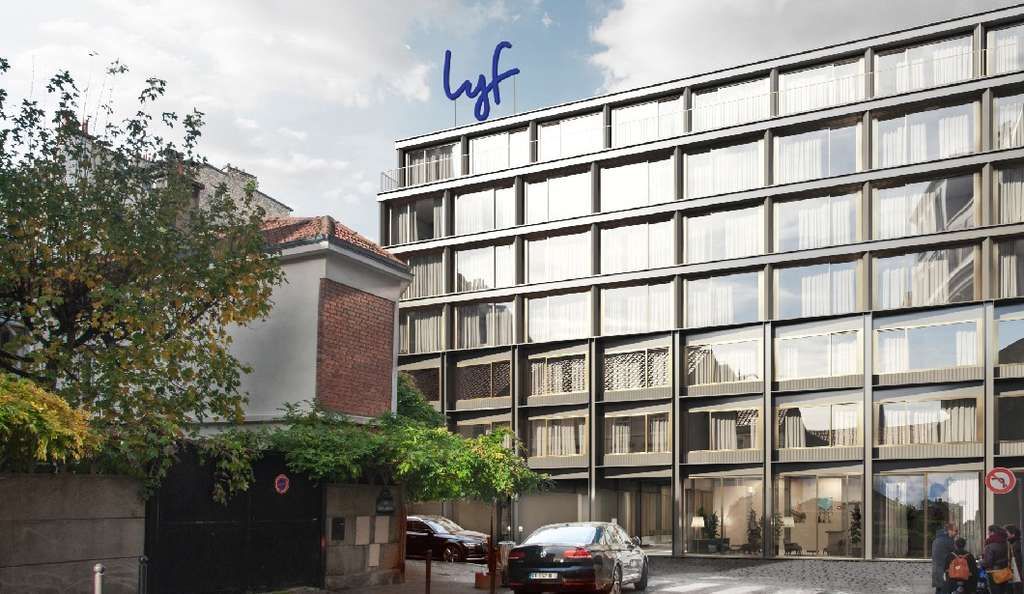India: Coliving company Housr has announced its plans to triple its number of beds and raise US$20 million in the next year.
India-based Housr was co-founded by Deepak Anand and Kalpesh Mehta, managing director of Tribeca Developers, a company which develops a number of real estate projects throughout India, in 2018.
Housr currently operates 16 properties, 14 of which are in Delhi-NCR with the remaining two properties in Pune. With the newly planned expansion, Housr hopes to spread to more key cities in India including Hyderabad, Bengaluru, Jaipur, and Lucknow markets, as well as expanding upon its current locations.
Founder and CEO of Housr, Deepak Anand said: We are targeting to expand to 10,000 beds across all key cities in the next one year, tripling our base from the current capacity of around 3,500 beds.”
Additionally, the company is attempting to raise $20 million in its next round of funding. Anand hopes to raise the funds by the end of this year or by early next year.
The company has been able to successfully raise funding in the past. In April 2019, the company had raised funds from Macrotech Developers managing director and CEO, Abhishek Lodha, Godrej Properties chairman, Pirojsha Godrej, and Unimark Group chairman, Harsh Patodia.
The pandemic has impacted the coliving sector greatly, but Housr felt less impact than most companies due to its target market. Housr caters largely to working professionals, which is a market segment that it will continue to target with its new properties. The company has also discussed moving into the student housing market as COVID-19 restrictions are lifted.
The company has felt some effects of Covid, as its average charge is now between Rs 18,000 to Rs 22,000 per room per month, as opposed to being between Rs 20,000 and Rs 26,000 pre-pandemic. Despite these changes, the company is confident in its future.
Housr was able to lease many new properties at a discounted rate as they became vacated throughout the course of the pandemic.
Anand said: “We remain bullish about the growth of the coliving segment despite the disruption caused by the COVID-19.”








